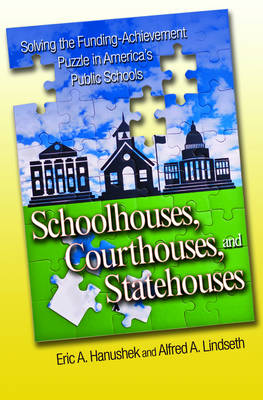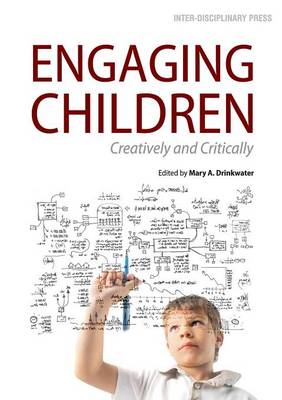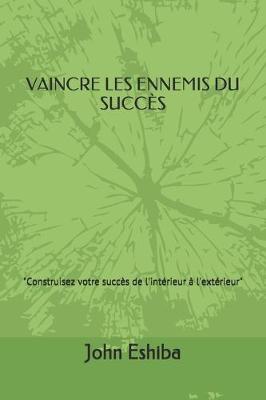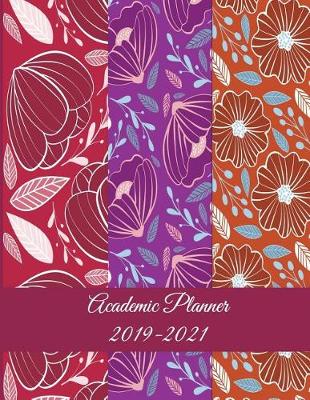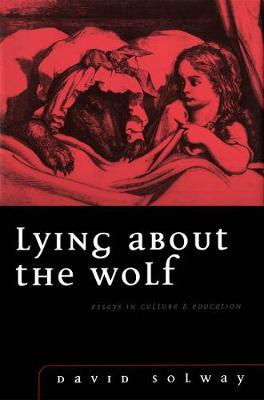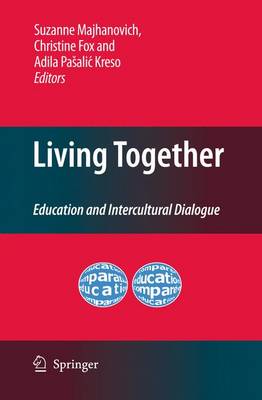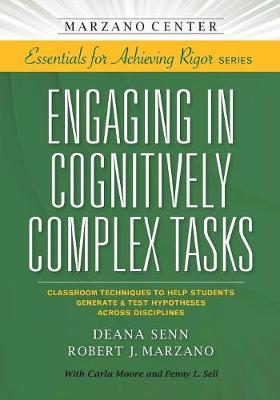Schoolhouses, Courthouses, and Statehouses
by Eric A. Hanushek and Alfred A. Lindseth
What If?
Today, there is little deviation from the standard, business-as-usual practices in the world of education. What If? challenges these stale practices and asks the important questions that can improve schools beyond the current state of mediocrity. This book provides more than 25 specific problem-solving strategies for improving education without increasing costs.
Engaging Children
This book takes a serious look at the erosion of democratic public life and public education, and offers directions for re-imagining, re-designing, and re-inventing the current system. Bridging the disciplines of film studies, postcolonial studies, curriculum theory, and politics, these essays suggest new possibilities for curriculum, and shed new light on what shape public education could take in coming decades.
My Favorite Cust Representative Gave Me This Planner
by Family Cutey
Die Paedagogik Adolf Reichweins (Europaeische Hochschulschriften / European University Studie, #19)
by Klaus Fricke
Marxism and the Task of the (Post)Humanities (Marxism and Education)
by Teresa L. Ebert and Mas'ud Zavarzadeh
In the wake of the "theory" revolution, the humanities have changed radically, but the most important transformation is in their interpretive logic, namely the assumptions, discourses, and reading strategies by which they made sense of cultural texts - from novels and poetry to films, videos, cultural events (e.g. sports) and social moments (e.g. Katrina, war).Understanding these changes is necessary because they have great significance in shaping the cultural consciousness and interpretive unco...
Solway explains that the current generation of students, raised in a nonhistorical and iconic environment, do not live in time as an emergent, continuous medium in which the complexities of experience are parsed and organized. Their psychological world is largely devoid of syntax - of causal, differential, and temporal relations between events. The result is precisely what we see about us: a cultural world characterized by a vast subpopulation of young (and not so young) people for whom the past...
This book answers key questions regarding social justice in education. Its central theme is how the education system, through its organization and practices, is implicated in the realisation of just or unjust social outcomes. In particular, the writers examine the ways in which the identities of individuals and groups are formed and transformed in schools, colleges and universities. The book contains examples drawn from early years through to higher education. It has a dual focus, addressing: *...
Living Together
SUZANNE MAJHANOVICH and CHRISTINE FOX Originally published in the journal International Review of Education, Volume 54, Nos 3-4, 287-297. DOI: 10. 1007/s11159-008-9097-9 Springer Science+Business Media B. V. 2008 The papers in this collection have been selected from over 800 presentations given at the XIIIth World Congress of Comparative Education Societies, held at the University of Sarajevo, Bosnia and Herzegovina, from 3 to 7 September 2007. The Congress was hosted on behalf of the WCCES by t...
Engaging in Cognitively Complex Tasks (Marzano Center Essentials for Achieving Rigor)
by Deana Senn and Robert J. Marzano
Based on the earlier work of Dr. Robert J. Marzano, this instructional guide provides explicit steps, examples, and adaptations to help educators effectively teach students how to investigate, experiment, solve problems, and deepen their understanding of content.
This book is a volume in the Penn Press Anniversary Collection. To mark its 125th anniversary in 2015, the University of Pennsylvania Press rereleased more than 1,100 titles from Penn Press's distinguished backlist from 1899-1999 that had fallen out of print. Spanning an entire century, the Anniversary Collection offers peer-reviewed scholarship in a wide range of subject areas.
Greening the College Curriculum
"Greening the College Curriculum" provides the tools college and university faculty need to meet personal and institutional goals for integrating environmental issues into the curriculum. Leading educators from a wide range of fields, including anthropology, biology, economics, geography, history, literature, journalism, philosophy, political science, and religion, describe their experience introducing environmental issues into their teaching.The book provides: a rationale for including material...

